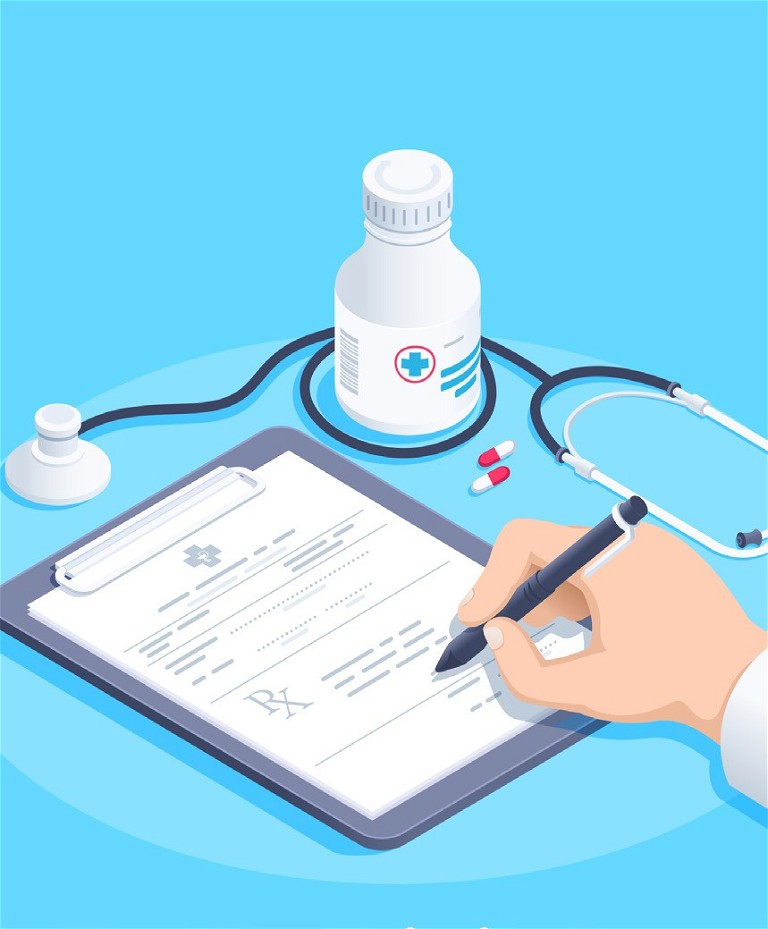News
Pharmacists in England given wider prescribing powers to relieve GP pressure

NHS England has announced that pharmacists in England will be given wider prescribing powers to relieve pressure put on GPs. The organisation has said that this will free up 15 million GP appointments over the next two years ‒ around 2% of the total amount of appointments.
Pharmacies will be able to prescribe for seven common illnesses: earache; sore throat; sinusitis; impetigo; shingles; infected insect bites; and uncomplicated urinary tract infections (UTIs) in women. Patients will also be able to self-refer for certain services, such as NHS physiotherapy or podiatry, and attain oral contraception without having to ask a GP first.
£645m has been allocated from the Department of Health to implement the scheme, with £240m going to upgrading the telephony systems and providing training for staff answering calls.
At the end of 2019, the Government’s target was to recruit an extra 6,000 GPs to add to the 28,000 full-time GPs currently practising, however figures at the end of March 2023 revealed that there has been a drop to 27,500 full-time GPs.
NHS England chief executive Amanda Pritchard said: “We are already seeing more than half a million patients a week more in GP surgeries than we were pre-pandemic. But we know that we need to go further to expand services and transform the way we provide care… We are also planning to massively expand the number of people who can have high street blood pressure checks to 2.5 million a year, meaning fewer people will be at risk of heart attacks or strokes.”
However, Royal College of General Practitioners (RCGP) chair Professor Kamila Hawthorne stated the measures were just “one part of the jigsaw in improving access,” and that “the best way to improve access to GP care […] is to increase numbers of fully trained, full-time equivalent GPs through effective recruitment and retention schemes.”